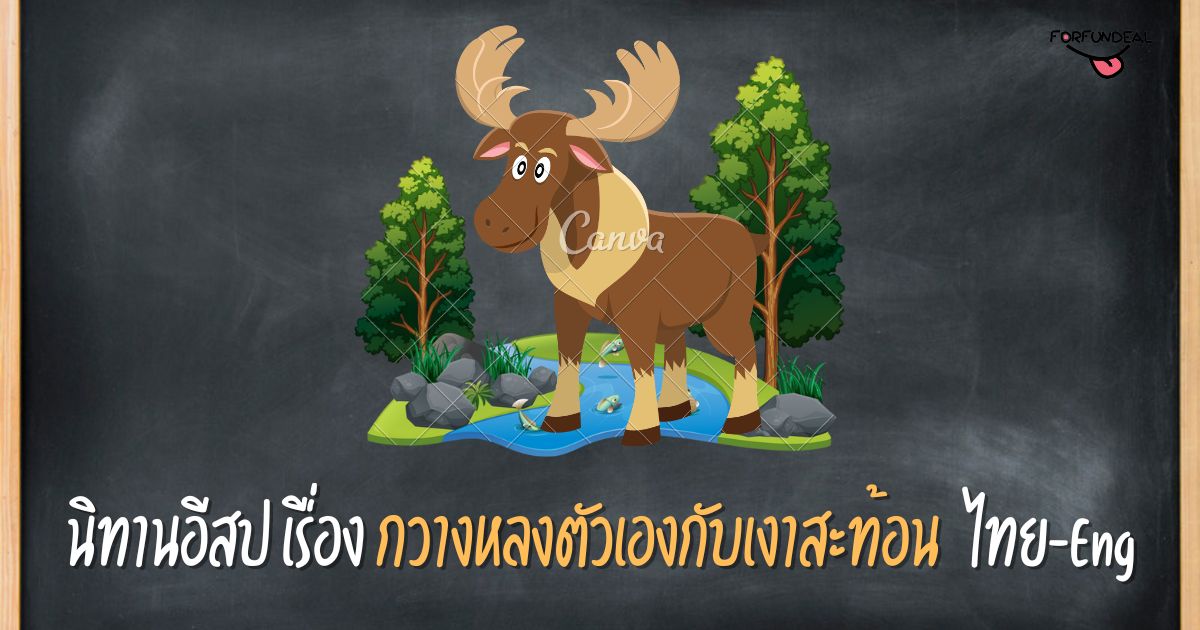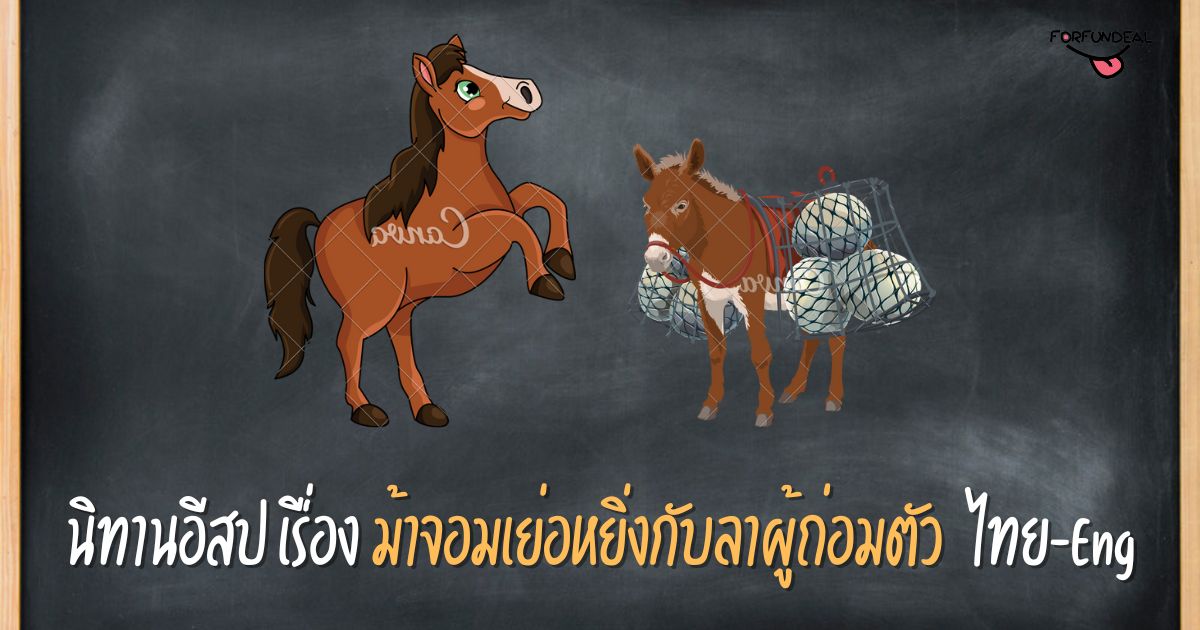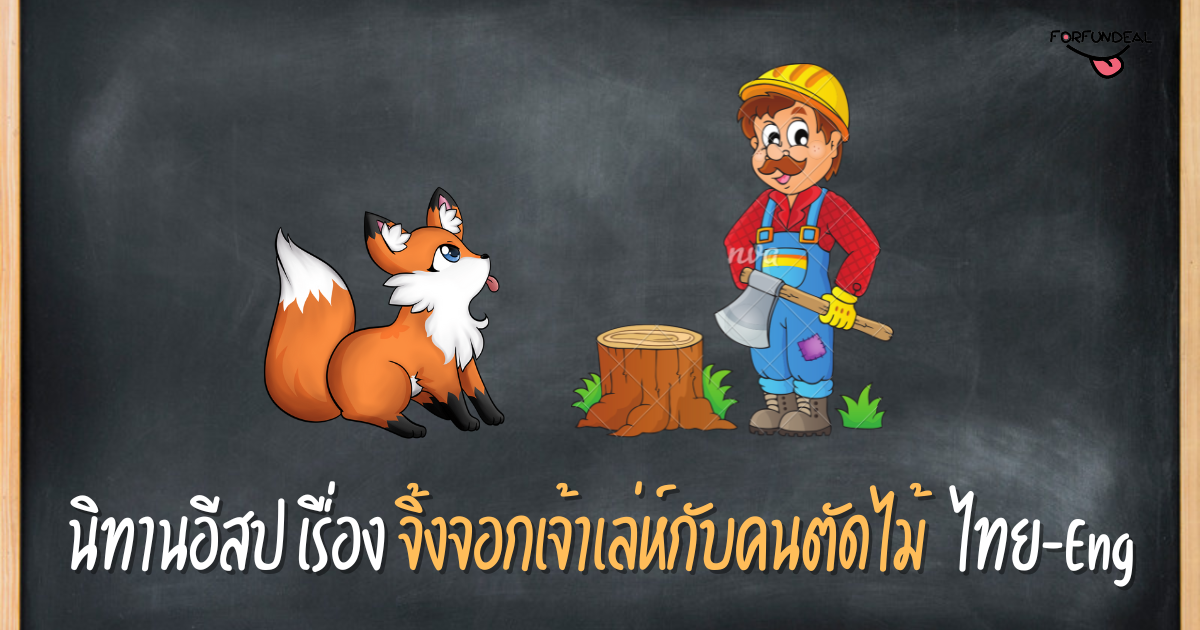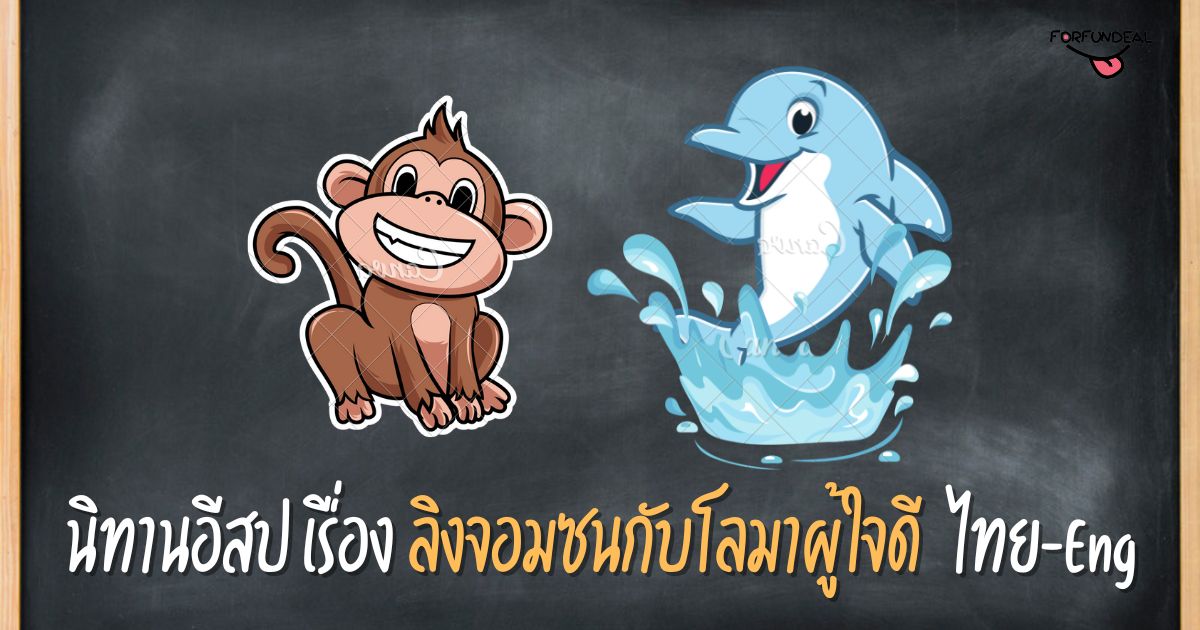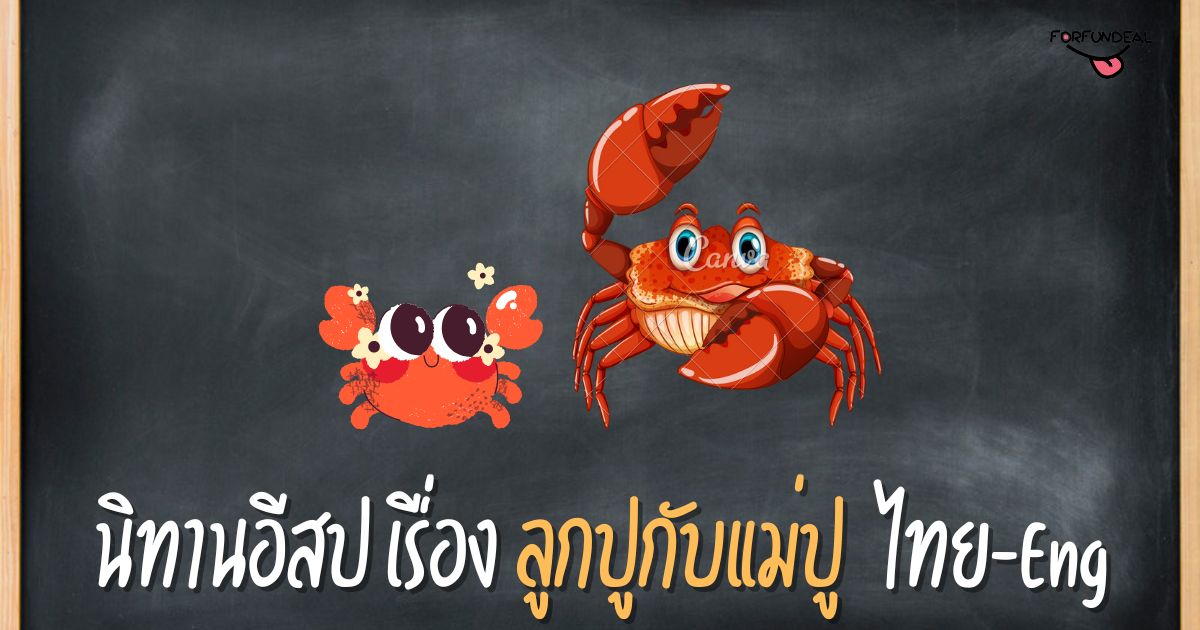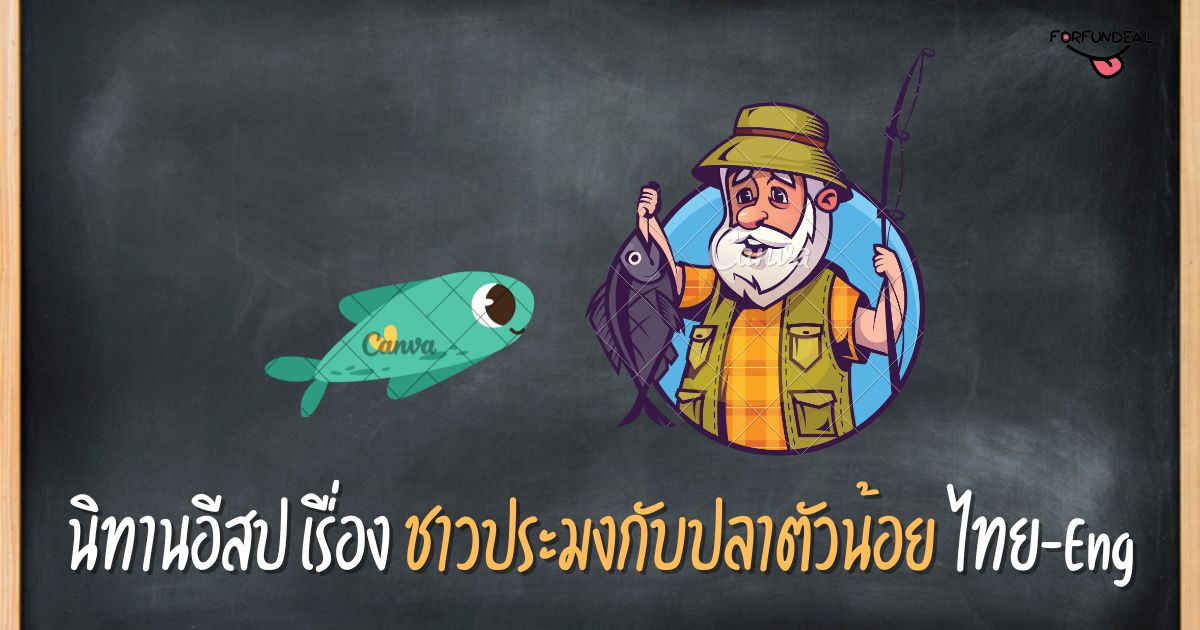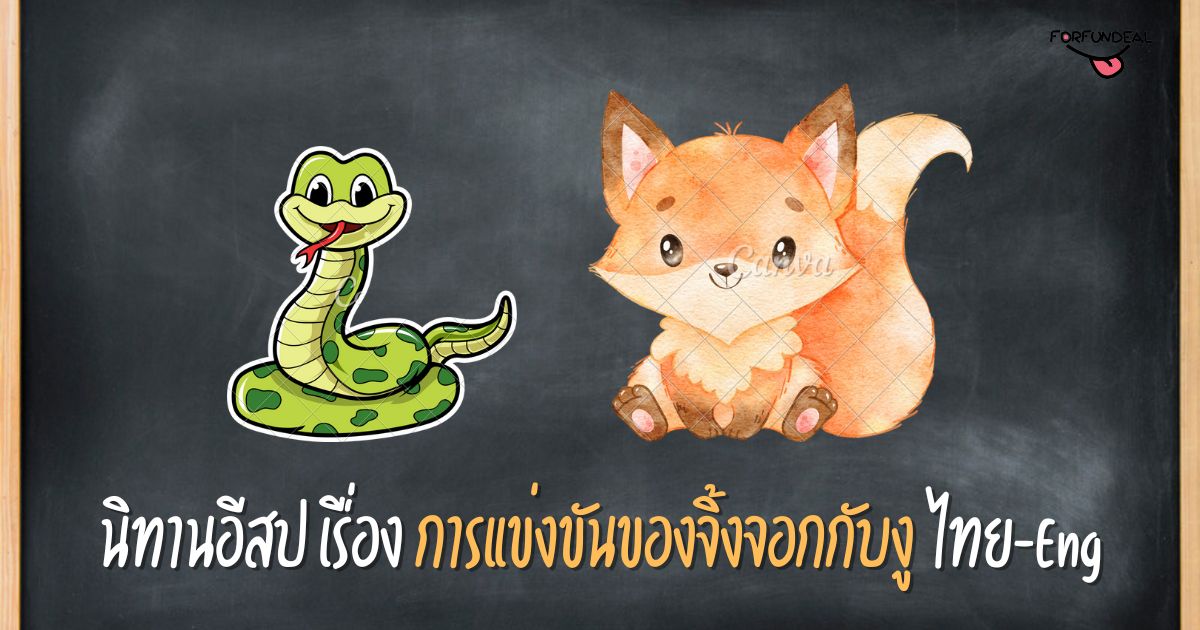“ไก่ผู้งดงามกับไข่มุกอันมีค่า” เป็นนิทานอีสปที่สอนเราให้รู้จักคุณค่าของสิ่งที่เราเป็น หรือสิ่งที่เรามี ไม่ใช่การหาสิ่งภายนอกมาทำให้เรามีค่า เพราะคุณค่ามันมาจากสิ่งเราทำให้โลกใบนี้ได้
นิทานอีสปเรื่องไก่ผู้งดงามกับไข่มุกอันมีค่า
กาลครั้งหนึ่งนานมาแล้ว ไก่ตัวผู้ที่งดงามและมั่นใจกำลังเดินไปรอบๆ สนามหญ้า อวดความงามและความสามารถในการร้องเพลงของมัน ขณะที่เขาคุ้ยพื้น เขาก็สะดุดเข้ากับไข่มุกแวววาวที่นักท่องเที่ยวผ่านมาทำหล่นไว้ ไก่ประหลาดใจกับความงามเป็นประกายของมันและร้องว่า “ข้าโชคดีจริงๆ ที่ได้พบไข่มุกอันล้ำค่านี้ แน่นอน มันเป็นสมบัติที่คู่ควรกับขนที่งดงามเช่นข้า”
Once upon a time, a proud and confident rooster was strutting around a farmyard, boasting about his beauty and singing prowess. As he scratched the ground, he stumbled upon a shiny pearl that had been dropped by a passing traveler. The rooster marveled at its lustrous beauty and exclaimed, “How fortunate I am to have found this precious pearl! Surely, it is a treasure worthy of a magnificent bird like me.”
อย่างไรก็ตาม ขณะที่มันชื่นชมไข่มุกต่อไป มันก็ตระหนักว่ามันไม่มีประโยชน์อะไรสำหรับมัน ไข่มุกมันไม่มีประโยชน์ในชีวิตประจำวัน หรือเพิ่มพูนความสามารถของมันเลย มันผิดหวัง และมองว่ามันเป็นเพียงเครื่องประดับเล็กๆ และกลับไปโอ้อวดเกี่ยวกับขนอันสวยงาม และเสียงที่ไพเราะของมันเองอย่างเดิม
However, as he continued to admire the pearl, he realized that it served no purpose to him. It was of no use in his daily life or in enhancing his abilities. Disappointed, he dismissed it as a mere trinket and went back to boasting about his own feathers and melodious voice.

นิทานเรื่องนี้สอนให้รู้ว่า
“คุณค่าที่แท้จริงอยู่ที่ประโยชน์ใช้สอยและการปฏิบัติจริง ไม่ใช่แค่รูปลักษณ์ภายนอกหรือคุณลักษณะผิวเผินเท่านั้น”
- คุณค่าของเนื้อหาเหนือรูปลักษณ์ เรื่องราวเน้นย้ำถึงความสำคัญของเนื้อหาและการใช้งานจริงเหนือความงามภายนอก ไข่มุกแม้จะดูดึงดูดสายตา แต่ก็ไม่มีค่าสำหรับไก่ในชีวิตประจำวันของมัน เป็นการเตือนใจให้เรามองข้ามรูปลักษณ์ภายนอก และแสวงหาคุณค่าในสิ่งที่มีความหมายและเป็นประโยชน์อย่างแท้จริง
- เห็นคุณค่าของสิ่งที่อยู่ใกล้แค่เอื้อม: ความหลงใหลในไข่มุกของไก่ตัวผู้ทำให้เขามองข้ามความงาม และคุณค่าของขน และความสามารถในการขันและเสียงของตัวเอง เรื่องราวสอนให้เราเห็นคุณค่าและใช้ประโยชน์สูงสุดจากสิ่งที่เรามีอยู่แทนที่จะแสวงหาการตรวจสอบจากภายนอกหรือโลภในสิ่งที่คนอื่นมี
- ความกตัญญูและความพึงพอใจ การที่ไก่ไม่สนใจไข่มุกนั้นสะท้อนให้เห็นถึงการขาดความกตัญญูและความพึงพอใจ แทนที่จะรู้สึกขอบคุณสำหรับพรที่เขามีอยู่แล้ว เขากลับมุ่งไปที่การได้มาซึ่งสิ่งที่เขาเห็นว่ามีค่ามากกว่า เรื่องราวเตือนใจให้เราปลูกฝังความกตัญญูและค้นหาความพึงพอใจในสถานการณ์ปัจจุบันของเรา
- การเข้าใจคุณค่าที่แท้จริง ไข่มุกเป็นสัญลักษณ์ของความเย้ายวนใจของทรัพย์สินทางวัตถุ และความปรารถนาเพียงผิวเผิน เรื่องราวนี้กระตุ้นให้เราไตร่ตรองถึงสิ่งที่มีคุณค่าและความหมายอย่างแท้จริงในชีวิตของเรา สิ่งนี้กระตุ้นให้เรามุ่งเน้นไปที่คุณสมบัติ ความสัมพันธ์ และประสบการณ์ที่เสริมสร้างความเป็นอยู่ที่ดีของเราและมีส่วนช่วยในการเติบโตส่วนบุคคลของเรา
“True value lies in usefulness and practicality, not just in appearance or superficial attributes.”
- Value of substance over appearance: The story emphasizes the importance of substance and practicality over mere outward beauty. The pearl, although visually appealing, held no value for the rooster in his everyday life. It reminds us to look beyond appearances and seek value in things that are truly meaningful and useful.
- Appreciating what is within reach: The rooster’s obsession with the pearl made him overlook the beauty and worth of his own feathers and singing abilities. The story teaches us to appreciate and make the most of what we already possess instead of constantly seeking external validation or coveting what others have.
- Gratitude and contentment: The rooster’s disregard for the pearl reflects a lack of gratitude and contentment. Instead of being grateful for the blessings he already had, he was fixated on acquiring something he perceived as more valuable. The story reminds us to cultivate gratitude and find contentment in our present circumstances.
- Understanding true value: The pearl symbolizes the allure of material possessions and superficial desires. The story encourages us to reflect on what truly holds value and meaning in our lives. It prompts us to focus on qualities, relationships, and experiences that enrich our well-being and contribute to our personal growth.
โดยสรุปแล้วนิทานเรื่องนี้สอนให้เราเห็นคุณค่าของวัตถุเหนือรูปลักษณ์ ชื่นชมสิ่งที่อยู่ใกล้แค่เอื้อม ปลูกฝังความกตัญญูและความพึงพอใจ และมองเห็นคุณค่าที่แท้จริงในชีวิตของเรา ด้วยการน้อมรับคำสอนเหล่านี้ เราสามารถพัฒนาความรู้สึกเติมเต็มที่ลึกซึ้งยิ่งขึ้นและนำไปสู่การดำรงอยู่ที่มีความหมายมากขึ้น


